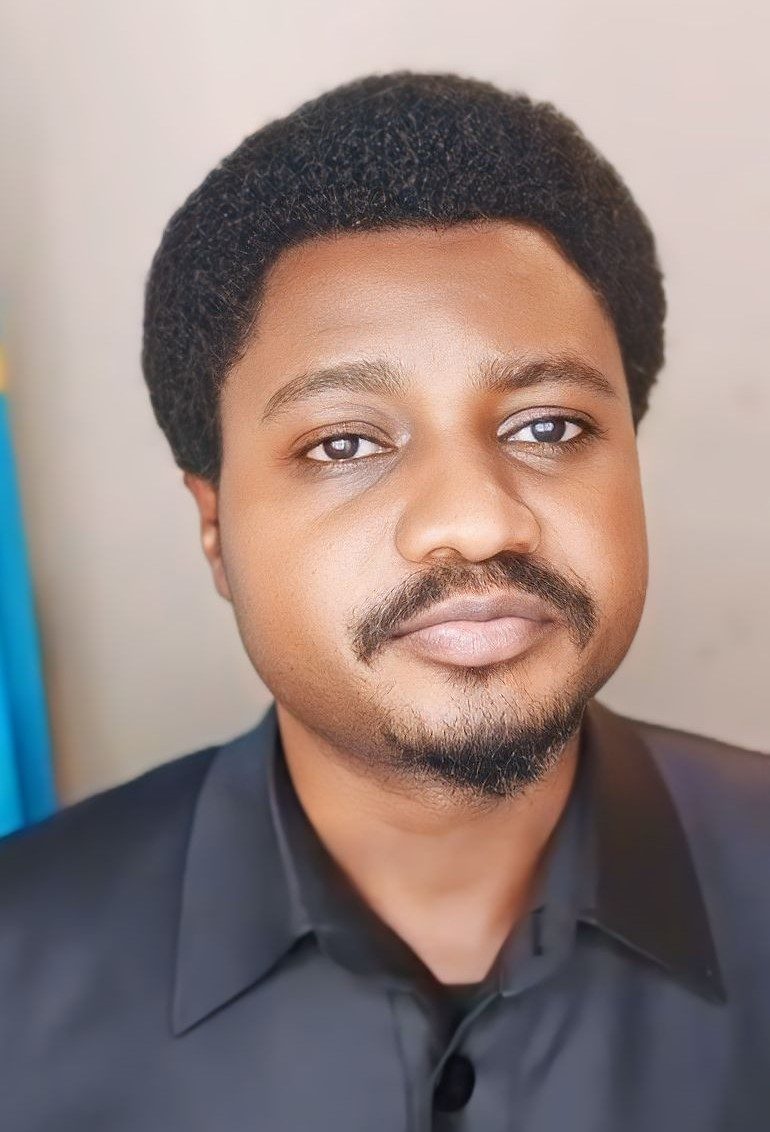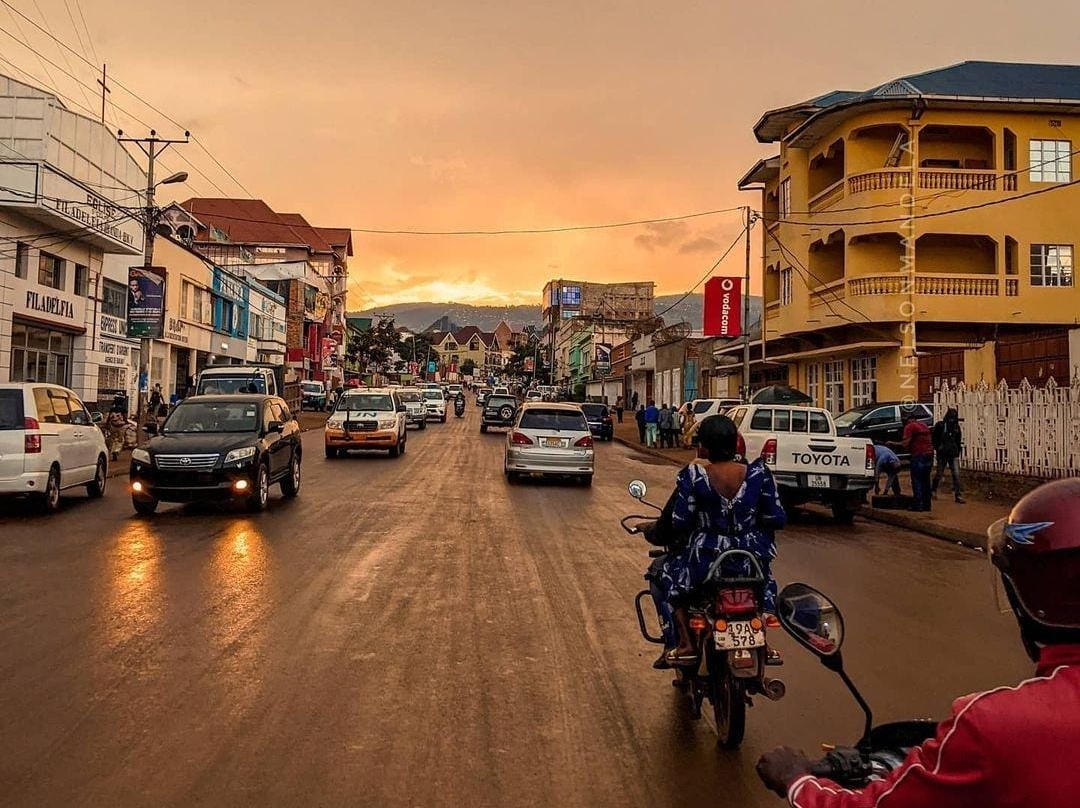Congo lawmaker wants jail, not slavery, for LGBT people
Moïse Manoël-Florisse, is an African-Caribbean online journalist keeping an eye…
Congolese legislator stands by his bill to criminalize homosexuality

Congolese member of parliament and former presidential candidate Constant Mutamba is standing by his bill that would criminalize gay sex for the first time in the Democratic Republic of the Congo, although he has clarified that his bill seeks to sentence homosexuals to prison, not to slavery, as had been reported in some outlets.
Mutumba had described the bill as calling for “5 to 10 years of servitude” for gay sex, but the bill itself calls for “5 to 10 years of penal servitude.”
In a video posted to the X/Twitter social network on April 11, Mutamba clarified his intentions. In particular, he reaffirms his desire to see homosexuals imprisoned for between 5 and 10 years, thus removing the ambiguity surrounding the question of the re-establishment of slavery for LGBT+ people, which had fueled concerns from LGBTQ advocates and human rights defenders.
Erasing 76 Crimes spoke to several Congolese experts to get their impressions on the bill and Congolese reactions to it.

Moyo Pambou, Kinshasa, Congo journalist (pseudonym)
Mutamba and his supporters on social networks put forward the idea of a homosexual plot against Congolese society, which would take the form of total control of the country’s productive and political apparatus, since in exchange for a promise of employment, young Congolese would be forced to initiate themselves into the most debasing homosexuality, to the point where no sector of society would be spared this “social scourge.”
In this context, the proposed law criminalizing homosexuality would aim to “protect” Congolese society, while at the same time providing professional opportunities for young unemployed people, deprived of dignified work by LGBT+ people who skew recruitment processes in favor of members of their community, particularly in foreign companies, but also within public institutions and enterprises.
In Congolese opinion, the majority of people applaud this initiative with both hands, praising the courage, audacity and determination of a politician perceived by some as brilliant and ambitious. In any case, it’s risky to contradict this proposed law in public for defenders of the rights of LGBT+ people. And no one is unaware of the obstacles Constant Mutamba will face when it comes to touching this community. In fact, some of the ruling party’s leading figures are themselves homosexuals.
In his latest appearance on X, Mutamba links the fight against homosexuality to good governance, and asserts that homosexuality is the cause of the “dislocation of families” who are “getting divorced,” as well as the source of “business bankruptcies” across the country. He goes on to assert that placing homosexuals in “detention” should serve to regenerate “meritocracy” in the Democratic Republic of Congo.
Mandou Beaupein, lawyer (pseudonym)
I have read Constant Mutamba’s bill and I see in it a homophobic gesture on the part of a person who wishes to be designated or perceived in Kinshasa as the leader of the opposition to Félix-Antoine Tshisekedi, the current president of the Republic.
He is using the LGBT+ issue as a tool to agitate and excite the population in order to gain popularity at low cost. It’s a classic populist strategy, already tried and tested in many countries, with the support of the churches and cults in general.
As regards “penal servitude,” in the Democratic Republic of Congo this is the judicial term used to designate a sentence of imprisonment, as opposed to a suspended prison sentence. Nevertheless, given the intentions of the MP who initiated this bill, it’s not surprising that the use of the word “servitude” has caused quite a stir among human rights observers.
As a jurist, this bill is totally at odds with recent laws against gender-based violence. Also, in the Congo, we have Article 16 of Law 18/035 of December 13, 2018, setting out the fundamental principles relating to the organization of public health, which outlaws all forms of discrimination in the health field.
Many safeguards should prevent this bill from being examined in parliament as was the case when faced with similar initiatives in 2010 and 2014.
Jérémie Safari, director of the LGBT rights group Rainbow Sunrise Mapambazuko
Constant Mutamba’s bill has not yet been tabled in parliament, while he remains ready to react alongside other Congolese civil society organizations if need be, as he seems very committed.
What can you do?
Sign a petition against this law here.




